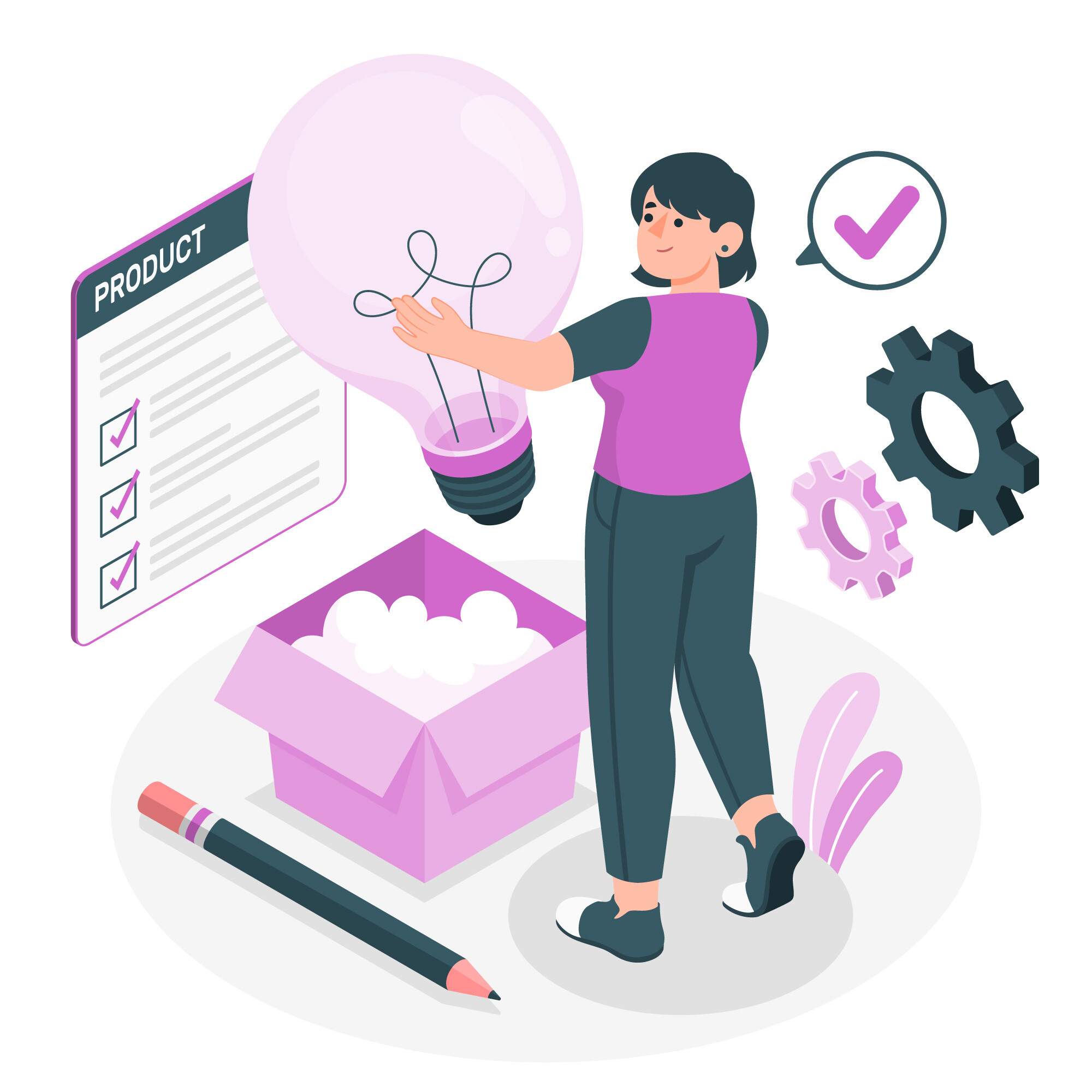Product adoption is a critical measure of success for any organization introducing new tools or software. Without proper training, even the most intuitive products may fall short of their potential. HR professionals and learning designers play a pivotal role in ensuring employees not only understand but actively embrace new systems.
This blog explores 5 best practices for designing product adoption training that sticks, focusing on actionable strategies, product adoption metrics, and leveraging Bite-Sized Learning: The Key to Sustaining Continuous Learning in Agile Workforces to ensure high engagement and measurable results.
Why Product Adoption Training Matters
Successful product adoption goes beyond installation; it involves ensuring employees fully understand the product's value and can apply it effectively in their roles. Poor adoption can lead to:
- Missed ROI on software investments.
- Decreased productivity.
- Frustrated employees who revert to old habits.
A well-designed training program mitigates these risks and drives long-term adoption by addressing user challenges upfront.
Check out How to Blend Microlearning and Traditional Methods for Comprehensive Customer Training.
5 Best Practices for Designing Product Adoption Training
1. Understand Your Audience
Effective training starts with knowing the learners:
- Skill Levels: Assess the technical proficiency of your employees to avoid overwhelming or underwhelming them.
- Pain Points: Conduct surveys or focus groups to understand user concerns and tailor content to address these issues.
- Use Cases: Highlight practical applications of the product in daily tasks to make it relevant.
Microlearning Tip: Deliver training in small, role-specific modules to address different user needs effectively.
2. Set Clear Goals and Metrics
Define what success looks like for your training program. Some key product adoption metrics include:
- Onboarding Time: Measure how quickly users become proficient.
- Feature Utilization Rates: Track which features are being used frequently.
- User Satisfaction Scores: Collect feedback post-training to gauge user confidence and satisfaction.
Actionable Tip: Align training objectives with measurable metrics to ensure accountability and continuous improvement.
3. Leverage Microlearning for High Engagement
Microlearning—bite-sized, focused lessons are ideal for product adoption training because:
- It reduces cognitive load.
- Employees can learn at their own pace.
- It fits into busy work schedules.
Examples:
- Interactive Video Modules: Teach how to use specific features with step-by-step walkthroughs.
- Flashcards: Reinforce key product terms and functions.
- Scenario-Based Quizzes: Test knowledge in real-world situations to improve retention.
4. Incorporate Hands-On Practice
People learn best by doing. Training should include opportunities for hands-on practice to build confidence:
- Provide sandbox environments where employees can experiment without fear of mistakes.
- Create guided exercises that simulate common tasks.
- Encourage peer learning by forming small groups to solve problems collaboratively.
5. Offer Continuous Support
Training shouldn’t stop after the launch. Ensure users have access to ongoing support, including:
- On-Demand Resources: Create a knowledge base with FAQs, tutorials, and how-to guides.
- Follow-Up Sessions: Host refresher webinars or Q&A sessions to address new challenges.
- Feedback Loops: Regularly collect feedback to refine the training program and address any emerging gaps.
Microlearning Example: Add periodic micro-lessons to reinforce key features and share updates about the product.
How Microlearning Enhances Product Adoption Training
Microlearning transforms the way training is delivered:
- Short, Relevant Content: Employees focus only on what they need to know.
- Retention Boost: Bite-sized lessons align with how the brain processes and retains information.
- Scalable Solutions: Perfect for global teams with varying schedules and learning preferences.
By integrating microlearning into product adoption training, HR teams can achieve better outcomes with less disruption to daily workflows.
Looking to design impactful product adoption training?
Discover how 5mins.ai can help you create bite-sized, personalized lessons tailored to your organization's needs. We offer market's largest library with 20,000+ bite -sized lessons, and make it easy to empower employees and drive adoption success.
Get a free demo today by clicking on the button below!
.png)



